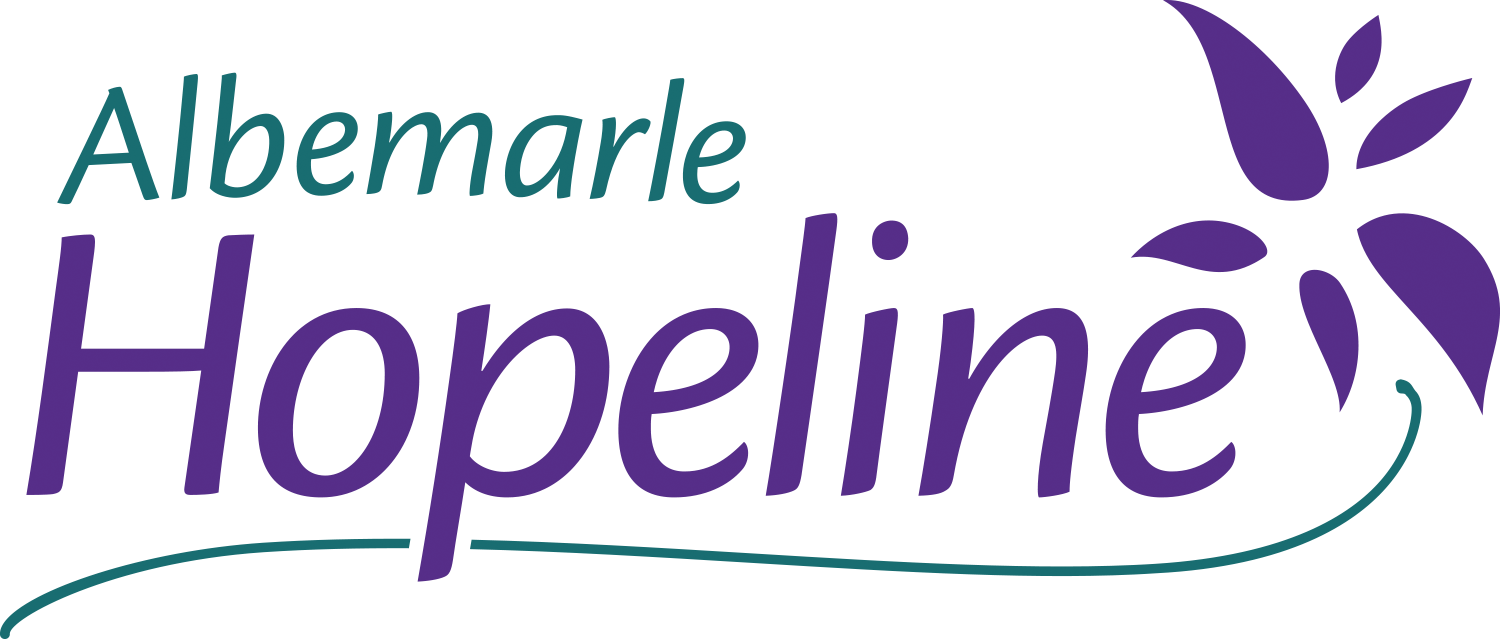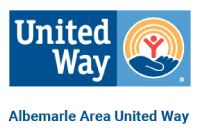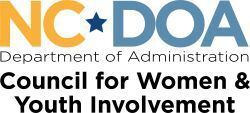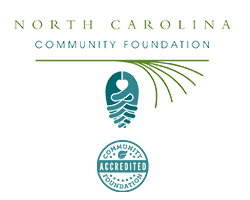College can be an amazing time in a young person’s life- making new friends, engaging in learning opportunities, trying new activities can all be positive experiences for growth and self-exploration. Unfortunately, sexual assault is an all-too-common occurrence on college campuses in the United States. Among undergraduates, one in four women and one in fourteen men will experience sexual assault, and most will never report the crime. 90% of victims will know their assailant.
The “Red Zone” refers to the time period of increased risk which occurs during the first few months of the semester, which is when the majority of sexual assaults occur on campuses. While sexual assault is never the victim's fault, students can increase their safety through education and awareness, and watching out for peers.
Watch out for potentially dangerous situations, such as someone appearing uncomfortable with the person they are interacting with, or the appearance of someone who may be too inebriated to make their own decisions. If you suspect that something potentially harmful is happening, you can create a distraction, offer to stay with someone or walk them home, or try to get a group of people together to intervene directly.
When starting to date someone new, talk about your boundaries early on in a relationship. The best time to talk about sexual limits is when you’re not engaged in sex- this way your partner has a clear idea of what you do and do not wish to engage in. Discuss consent with your partner- consent should be a firm and clear affirmation that is freely given each time.
Alcohol and/or drug use can create increased opportunity for sexual assault, as assailants may coerce victims to imbibe alcohol, or seek out individuals who are already under the influence. Remember that a person intoxicated by drugs or alcohol cannot give consent to sex, and just because a person chooses to consume drugs or alcohol does not mean they should be blamed for an assault. Rape is never the victim’s fault!
Drug-facilitated sexual assaults are also prevalent both on- and off-campus. In North Carolina, drugging someone’s food or drink is a crime, regardless of whether an assault occurs. To reduce the chances of having your drink drugged, ensure that you are never separated from your drink when you leave the room or use the restroom- if you’re not sure if someone else could have accessed your drink, it’s safest to get a new one. Avoid drinks that you did not prepare- it is safest to select drinks that are individually packaged. Watch for signs that you or friends may have been drugged, and don’t give too much trust to new people you don’t know yet.
If you do experience a sexual assault, please know that it was not your fault, no matter who you may have been with or how much you had to drink. There are resources available to support you, and you have options about who to share information with and whether or not you want to pursue an investigation.
Most communities have a Rape Crisis Center- these are community-based organizations (like Albemarle Hopeline!) which can provide confidential guidance and support to victims. Advocates at Rape Crisis Centers can explain reporting options, assist with filing criminal charges or victims’ compensation, and provide counseling or support groups. You can find a listing of rape crisis programs in North Carolina here, and programs in other states can be found here. There is also a national hotline which is accessible by phone, text, or web through Rainn.org. Information shared with Rape Crisis Centers is confidential except in cases involving child or elder abuse, or if the victim requests that their information be shared.
Every college campus is required to have a detailed Title IX plan which outlines how the school will protect students who have experienced sexual assault or harassment. The school’s Title IX plan should name confidential advisors and designated reporters among campus staff. Title IX requires schools to provide supportive resources to students after an assault, including accommodating students’ needs after an assault so that they can remain enrolled in school. You can find general information about Title IX here, and schools should post their Title IX policies online.
As long as you are over 18, it is your decision whether or not to report your assault to law enforcement. Not all victims choose to do this for various reasons, whether it be fear of not being believed, or not wanting to go through a long investigation and potential court trial. An advocate at a Rape Crisis Center can help you think through these choices.
You may choose to have a Sexual Assault Evidence Collection Kit (SAECK) – often referred to as a “rape kit” completed. The purpose of a SAECK is to document injuries and to identify possible DNA evidence on the victim’s body or on their clothing. SAECKs can usually be performed in hospital emergency centers, at some rape crisis centers, or at a medical facility on campus- your local Rape Crisis Center should be able to tell you where a kit can be performed. You can choose to have a SAECK completed without reporting the crime to law enforcement- this is called an “anonymous kit.” This option preserves potential evidence while a victim thinks through their options about pursuing criminal charges against their assailant. While it is recommended that a victim avoid showering prior to having a kit performed, DNA evidence can sometimes still be found despite washing or the passage of time (up to five days).
Regardless of what choices you make, remember that support is available to you, no matter how long ago the assault happened.










